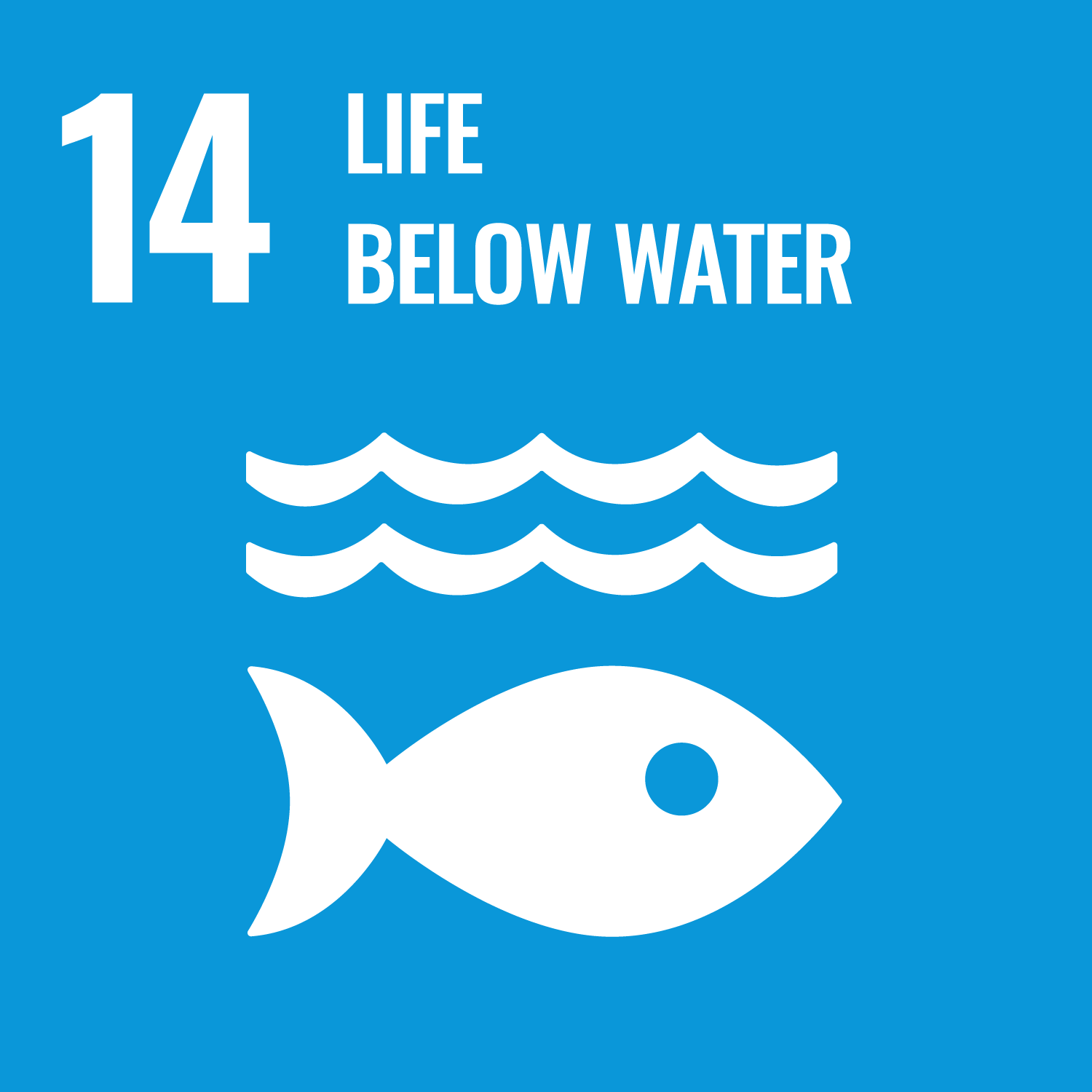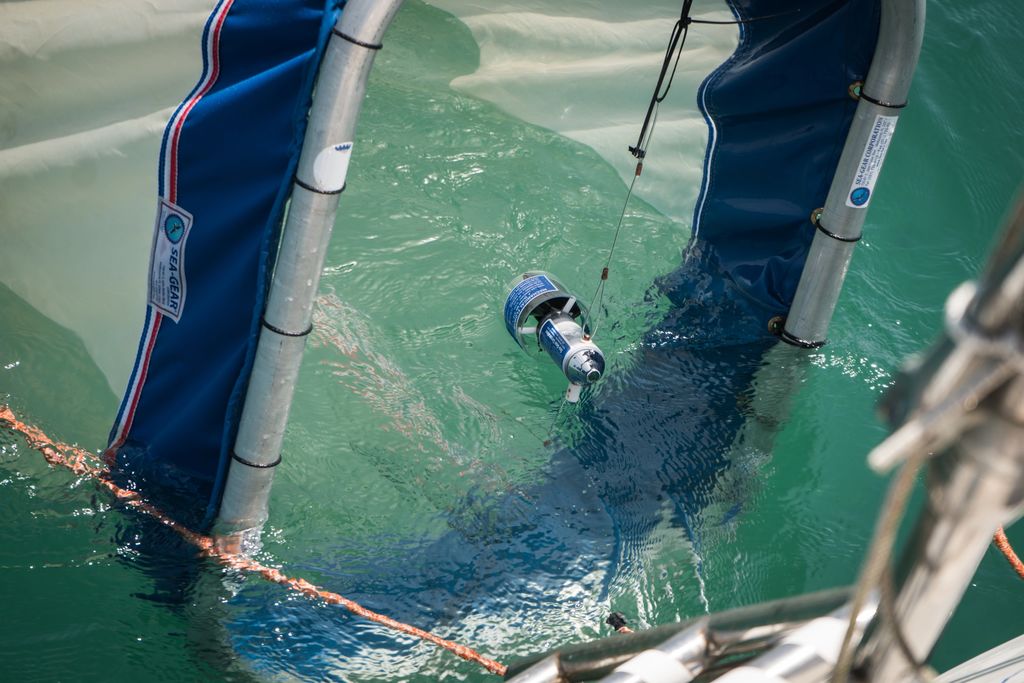
EU Prize for Citizen Science 2024 awards the SeaPaCS project
The European Commission has awarded the Citizen Science Prize 2024 - Diversity & Collaboration Award to the SeaPaCS project. Participatory Citizen Science against Marine Pollution, led by Chiara Certomà, Professor of Social Geography at the Department of Methods and Models for Economics, Territory and Finance.
The Jury Committee awarded Chiara Certoma’s team the prize for the following motivation “SeaPaCS explores the consequences of marine plastic pollution on local biodiversity via a participatory Citizen Science process in the coastal city of Anzio, Italy. It engages more than 250 fishermen, North African migrants, school children, teachers, environmental NGOs, marine lawyers, sailors, and divers in co-producing knowledge about the health of the Mediterranean Sea, contributing to scientific fields like oceanography, cultural geography, and marine chemistry. In doing so, the project demonstrates excellence in engaging a diverse range of stakeholders and innovating transdisciplinary collaboration models between them, pushing the boundaries between civil society, citizens, and science. SeaPaCS is especially exemplary for centering a community-led grassroots approach and for its attention to overcoming extractive tendencies in Citizen Science (citizens as “sensors”), by involving citizens beyond plastic sampling and data collection in activities such as plastisphere DNA analysis, documenting underwater ecological niches, creating photo and video exhibitions, testing DIY microplastic trawling instruments, and building marine plastic recycling stations. SeaPaCS hereby demonstrates how we can involve citizens not just in mapping problems but also in taking collective action towards restoring biodiversity and ecological resilience in European oceans, with attention to social inclusion and cultural diversity. For these reasons, we honor SeaPaCs with the Diversity & Collaboration Award.”
SeaPaCS was led by a multi-sectoral team specialising in multidisciplinary and radically participatory exploration, documentation and engagement techniques that use informal tools to identify context-specific issues and, building on the tacit knowledge and design skills of local actors, aim to transform them into transformative knowledge for equitable sustainability.

[Picture by Giuseppe Lupinacci/Raw-News]





